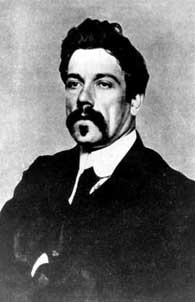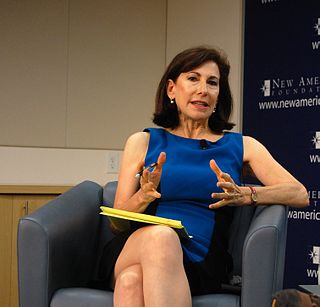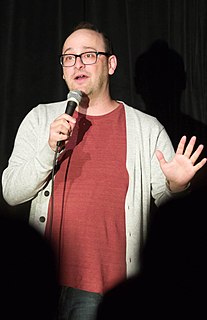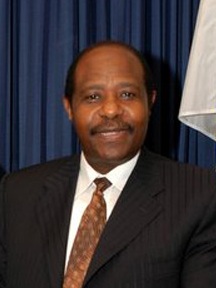A Quote by Robert Benchley
The naturalistic literature of this country has reached such a state that no family of characters is considered true to life whichdoes not include at least two hypochondriacs, one sadist, and one old man who spills food down the front of his vest.
Related Quotes
As a man has no right to kill one of his children if it is diseased or insane, so a man who has made the gradual and conscious expression of his personality in literature the aim of his life, has no right to suppress himself any carefully considered work which seemed good enough when it was written. Suppression, if it is deserved, will come rapidly enough from the same causes that suppress the unworthy members of a man's family.
There is here, what is not in the old country. In spite of hard, unfamiliar things, there is here - hope. In the old country, a man can be no more than his father, providing he works hard. If his father was a carpenter, he may be a carpenter. He many not be a teacher or a priest. He may rise - but only to his father's state. In the old country, a man is given to the past. Here he belongs to the future. In this land, he may be what he will, if he has the good heart and the way of working honestly at the right things.
I counseled a 75-year-old married, bi-sexual man who was having a gay affair and was not having sex with his wife to continue his secret life because that seemed like the kindest thing to do. But a young woman embarking on married life, hoping to start a family with her husband, needs to at least know he's already living a double life.
The state of society is one in which the members have suffered amputation from the trunk, and strut about so many walking monsters, - a good finger, a neck, a stomach, an elbow, but never a man. Man is thus metamorphosed into a thing, into many things. The planter, who is Man sent out into the field to gather food, is seldom cheered by any idea of the true dignity of his ministry. He sees his bushel and his cart, and nothing beyond, and sinks into the farmer, instead of Man on the farm.
I have seen an entire family lifted out of poverty and into affluence by the simple boon of a broken leg. I have had people come to me on crutches, with tears in their eyes, to bless this beneficient institution. In all my experiences of life, I have seen nothing so seraphic as the look that comes into a freshly mutilated man's face when he feels in his vest pocket with his remaining hand and finds his accident ticket all right.
[T]he mass-man sees in the State an anonymous power, and feeling himself, like it, anonymous, he believes that the State is something of his own. Suppose that in the public life of a country some difficulty, conflict, or problem presents itself, the mass-man will tend to demand that the State intervene immediately and undertake a solution directly with its immense and unassailable resources. This is the gravest danger that to-day threatens civilisation: State intervention; the absorption of all spontaneous social effort by the State.


































